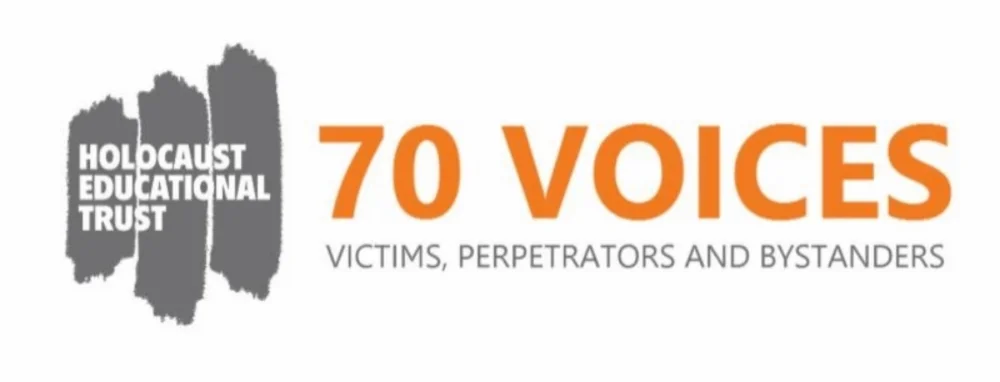Perhaps the most spectacular example of the rescue of Jews occurred in Denmark in October 1943. When the country’s resistance movement learned that the Nazis intended to deport Danish Jews, it organised their passage to neutral Sweden in an improvised flotilla of fishing boats, rowing boats and even canoes. Aage Bertelsen was one of the organisers of the rescue effort.
The small crowd that gathered in Lyngby on the night of 2 October, the night of the raids, with the decision to send the endangered Jews to Sweden, knew nothing about resources or options, and what they thought they knew turned out to be wrong… We lived inland, far from suitable harbours. We had no special knowledge of the coast, knew nothing of sailing, had no connections with the fishermen and skippers, had no money to pay with, and had not as much as a dinghy to sail with, since the Germans had long since ordered all boats not used for commercial purposes away from the coast. The legal government had been ousted, all of the organs of executive authority were under German control, and despite their best will, we could only count on limited support from the police. Our only real asset in the fight against the Gestapo, the world’s cruellest and best organised police force, was our will to help the persecuted... The Jewish transports, at least in the first days, were a chain of improvisations, coincidences, misunderstandings and amateurish errors...But one thing is certain...: If the helpers of Jews had no other assets, we had the wish to help these people..
More than 7,000 Jews, along with 700 of their non-Jewish partners, were ferried to safety in Sweden. The Nazis were only able to find 481 Jews, who were sent to the Terezín Ghetto where most of them survived.
Photo: Danish Jews travelling by fishing boat to Sweden, October 1943; Frihedsmuseet (public domain)
Testimony: Aage Bertelsen, “Oktober 43.” Oplevelser og tilstande under jødeforfølgelsen i Danmark (Jydsk Centraltrykkeri's Forlag, 1952)




















